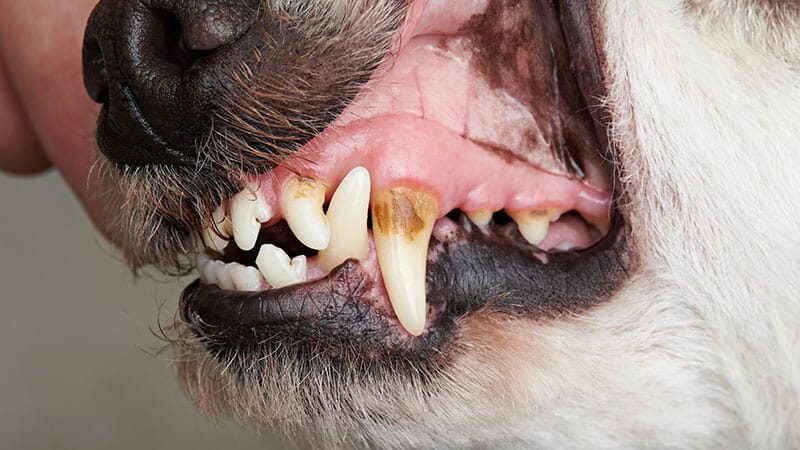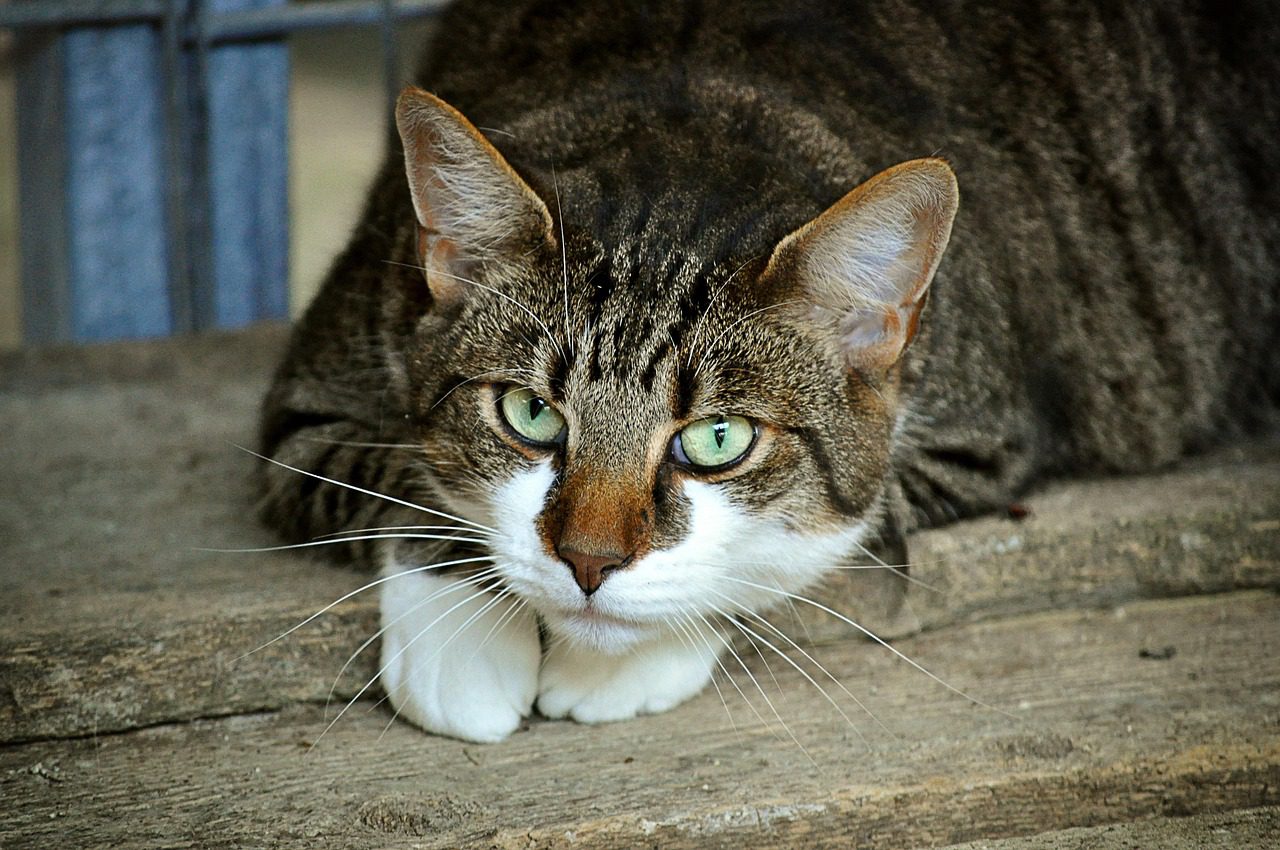Spring brings the arrival of new baby animals into the world, and also the re-emergence of hibernating pets!
This time last year I was in Devon celebrating the wedding of a niece. The day after her big day, we were packing up when we were introduced to an unusual family member – a 40 year old tortoise, who was strolling down the corridor.
We were fascinated. It is not that common to find such a big reptile inside someone’s home! He seemed to appreciate our admiration but then wandered off, presumably to find his lunch.
This is the time of year when tortoises in the UK start to come out of hibernation. It is a nervous time for their owners, who are keen to know that they have survived the cold weather and are ready for the breeding season.
I advise all tortoise owners to perform thorough checks when their tortoises awaken. We encourage them to wake up slowly, and on emergence their owners should look for abnormal discharges from the eyes and nether regions. It is a good idea to bathe each eye separately, and the mouth too. Then, once they are really coming round, give each one a warm bath for at least 30 minutes. This encourages a good long drink to counteract the dehydration of a long sleep, and encourages urination.
Keep your tortoise warm, especially if there is a cold spell after a warm one, a common issue in the UK spring. Do not leave them outside until the night temperature regularly stays above 10 degrees. Using a thermometer to check this is very important.
Check that your tortoise starts to eat within five days of emergence, and that he also produces a bowel movement. Once he is eating, do not allow him to get sleepy again even if the outside temperature dips, as this will cause the food he has just taken to rot in his intestines, which is potentially fatal. Keep him warm and active, in a heated room or a vivarium if needs be.
This is also a good time of year to re-check that your garden is tortoise-proof. They seem to
move slowly but are remarkable escape artists, capable of barging through, digging under or climbing over apparently secure fencing. An enclosure with brick walls is usually safest.
Remember that tortoises are cold-blooded, so they are completely dependent on the sun for the energy to get up and search for food. They are not naturally adapted to living in the UK and need a little more care than our mammalian pets. They are also protected by law.
All tortoise sales should be accompanied by a license. Only those tortoises born in the UK may be bought and sold to protect the wild communities which have been devastated by poaching for the pet market.
If you would like further information on tortoises, contact us at the Clinic on 01444 456886 or visit www.tortoisetrust.org .



